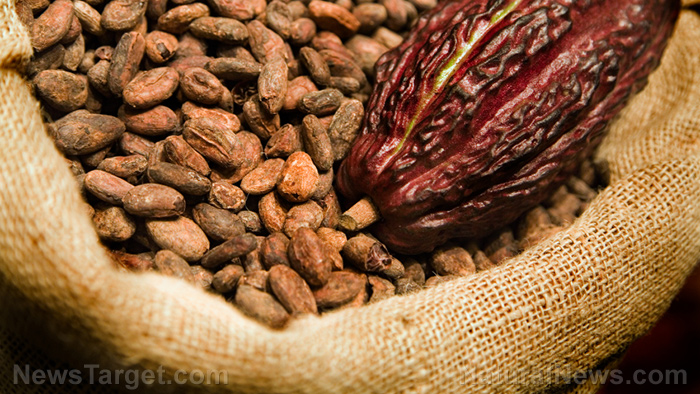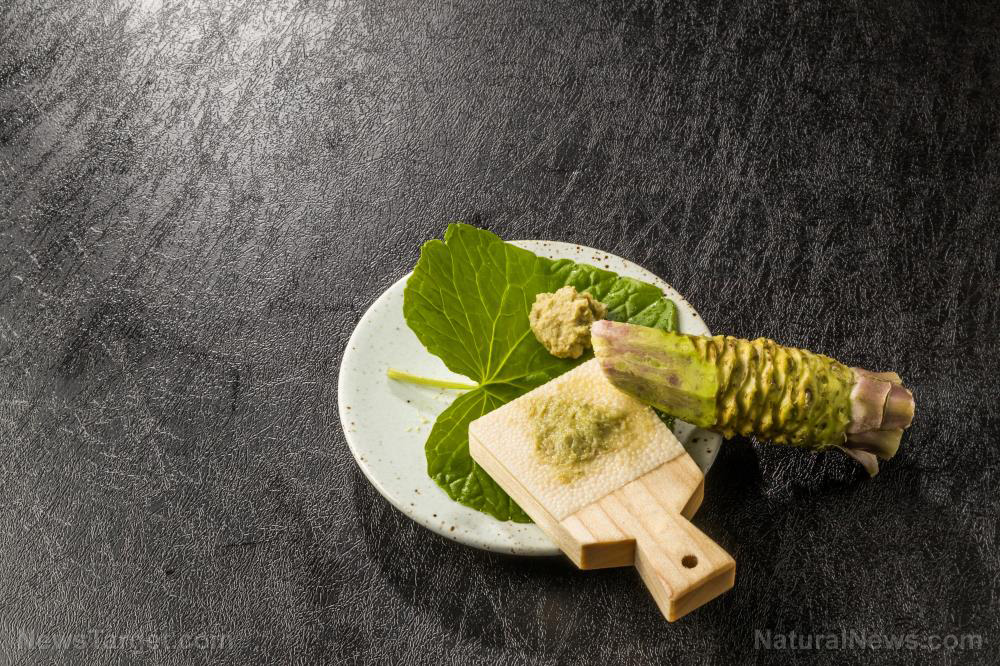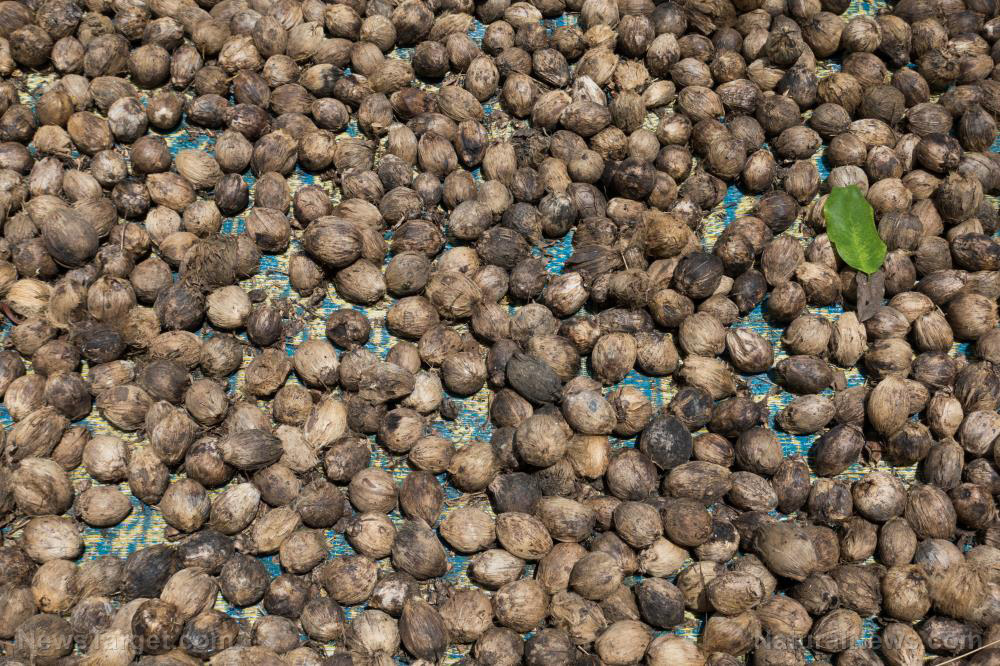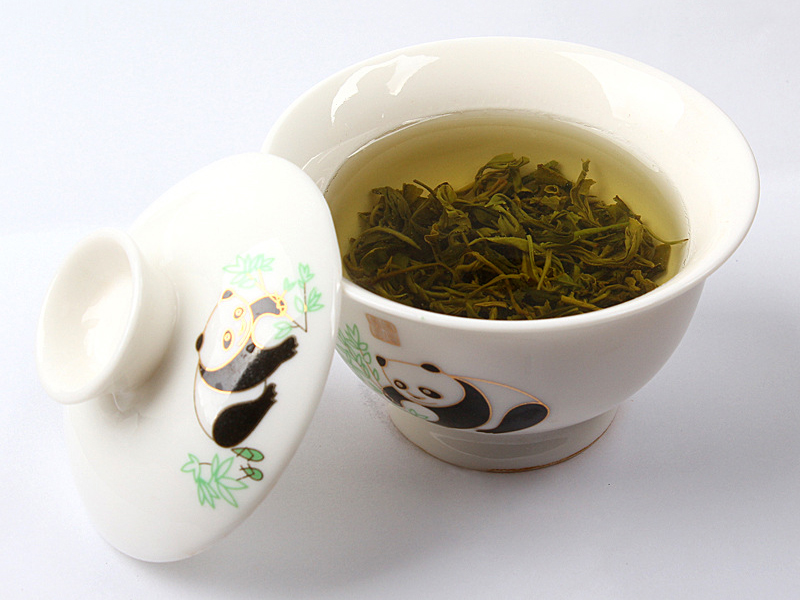Compounds found in guava observed to display potent anticancer activity
12/10/2018 / By RJ Jhonson
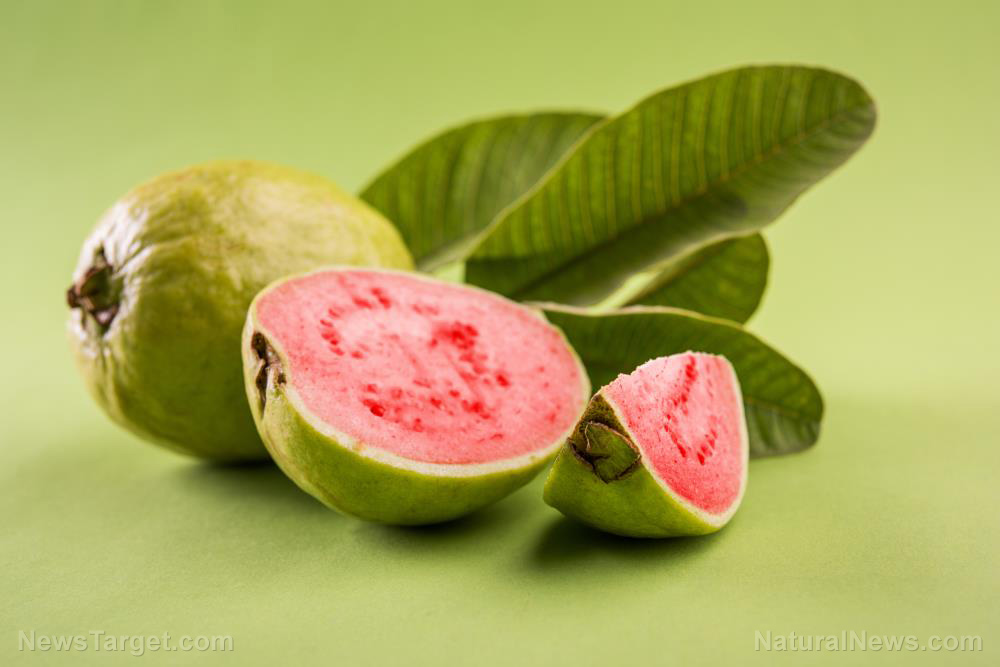
Guava is more than just a delicious tropical fruit. In regions where it is grown, it is also recognized as a potent medicinal plant. One study confirms that guava possesses powerful natural compounds, some of which give the fruits anti-cancer effects.
The researchers tested various extracts of guava (methanol, hexane, and chloroform) on three cancer cell lines: leukemia (KBM5), myeloma (U266), and oral cancer (SCC4). They also determined the extracts’ cytotoxic activity using a brine shrimp lethality assay.
Although all extracts exhibited the ability to inhibit the three cancer cell lines used in the study, the hexane fraction turned out to be the most effective. It also had the highest rate of cytotoxicity. Further tests proved that all guava extracts had potent antioxidant and anti-inflammatory effects.
These findings led the researchers to conclude that guava is not only a potential treatment for cancer, it can also be used to modulate inflammation-related conditions.
The study was published in the journal Pharmaceutical Biology.
Other health benefits of guava
As per the researchers, guava has been used in traditional medicine as an herbal treatment for cancer and inflammation. Its health benefits do not stop there, however. Here are more reasons to include guava in your diet:
- It boosts your immunity – Did you know that guava has more vitamin C than oranges? It does – in fact, it is among the richest source of this nutrient among fruits. Vitamin C is one of the most powerful antioxidants. It also helps maintain your immune system and ensure its optimal functionality.
- It is diabetic-friendly – Guavas contain fiber and is low-glycemic. Because of these, eating guavas will not cause rapid fluctuations in your blood sugar. This makes the fruit a great snack even for people with diabetes.
- It is good for your heart – Guavas are great for your heart for several reasons. Studies indicate that vitamin C is essential for cardiovascular health – as aforementioned, guava is an excellent source of this particular nutrient. The fruit also contributes to a healthy balance of potassium and sodium in your body, allowing it to help improve your blood sugar levels. Finally, guava helps lower the levels of bad cholesterol in your body while boosting the levels of good, heart-protective cholesterol.
- It treats constipation – Just one piece of guava gives you 12 percent of your daily dietary fiber requirements. Fiber helps ensure proper digestion and prevents constipation. Moreover, guava seeds, when swallowed, act as laxatives that can help improve bowel movement.
- It improves eyesight – Guavas contain vitamin A, which is linked to good eyesight. Although guavas do not contain as much of the nutrient as vegetable sources, such as carrots, it contains enough to boost your daily intake.
- It’s good for pregnant women – The fruit is a good source of vitamin B9, also known as folic acid. This nutrient is recommended for pregnant women because it supports the development of the baby’s nervous system. It also protects the fetus from neurological disorders.
- It’s good for a toothache – The anti-inflammatory effects of guava can help against a toothache. Its leaves are an especially powerful medicinal treatment for infections, with antibacterial effects that kill mouth bacteria and help treat swollen gums.
- It fights against stress – Guavas contain magnesium, which helps relax your mind and muscles. Because of this, guavas are a great snack, especially if you want to feel de-stressed and rejuvenated after a long day.
- It helps you lose weight – The combination of fiber, vitamins, and minerals in guava make it a delicious, nutritious, and filling snack for people who want to shed extra pounds. The fruit can even help boost your metabolism. If you want to reduce the amount of sugar you get from the fruit, you can opt to eat unripe guava – which is perfectly edible and delectable – instead of ripe ones.
Discover the many health benefits of fruits at Fruits.news.
Sources include:
Tagged Under: anti-inflammatory, antioxidant, food as medicine, goodfruit, Guava, herbal treatment, leukemia, medicinal food, myeloma, natural treatment, oral cancer, Psidium guajava








